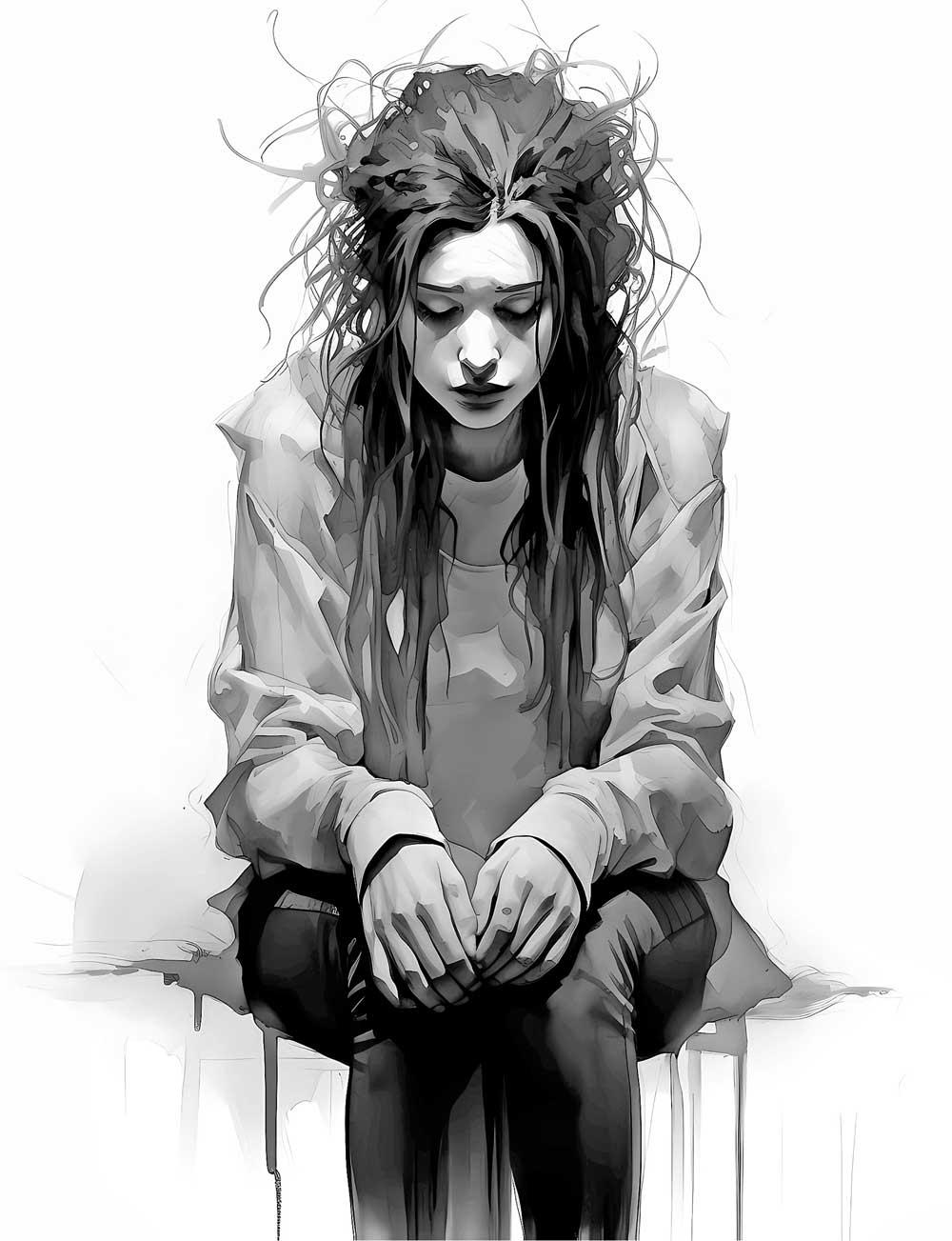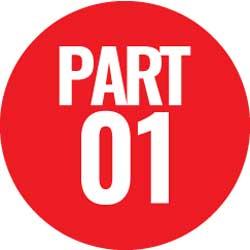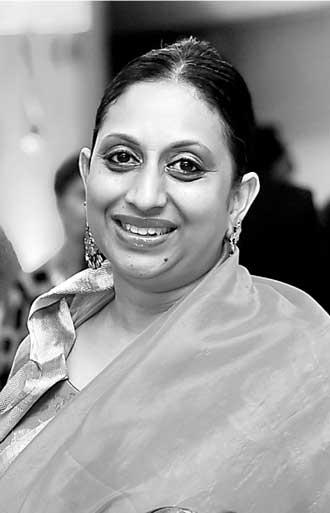Reply To:
Name - Reply Comment

By Kshalini Nonis
 Depression is a common and serious medical illness that negatively affects how you feel , think, act and perceive the world.
Depression is a common and serious medical illness that negatively affects how you feel , think, act and perceive the world.
Some people find complementary and alternative therapies help to manage their symptoms of depression. For example this maybe acupuncture , yoga or reflexology .
We spoke to some experts on some alternative therapies.
|
01.What are your thoughts on alternative medicines for depression? 02. How successful is this treatment? 03.What are the benefits of this treatment? 04.What are the drawbacks? 05.Anything else you would like to say?
|

Shobana Cooke
(BSc, C. HOM. Dip. RYT 200), Homeopath, Hatha Yoga Instructor and Yogic Lifestyle Counsellor
 1.Holistic healing modalities have a great track record in addressing the whole person, particularly in ailments that have disturbed the emotional plane. As a homeopath I find that the remedies heal the whole person in a gentle and deep manner.
1.Holistic healing modalities have a great track record in addressing the whole person, particularly in ailments that have disturbed the emotional plane. As a homeopath I find that the remedies heal the whole person in a gentle and deep manner.
2.I have found there to be deep relief for our patients. Homeopathic case taking methodology looks at the whole person. A person’s sleep pattern, relationships, anxieties, physical manifestations and the timeline for the various ails are all taken into account before a homeopathic remedy is prescribed.
3. The homeopathic tenet “minimum dose” means that with a small and well chosen remedy we can address the disease in an individual. Homeopathy looks at illness as a dis-ordered internal equilibrium on the physical, mental and emotional planes. This gives us the ability to look at the “whole” person. For example, someone’s anxiety, their back ache and the loss of their loved one that they are grieving over can all be looked at through the same lens with the same practitioner. The individual is not looked at in parts, they are always considered in a holistic manner.
4. I would say the “drawback”, if there could be such a thing, is that holistic healing modalities require that the patient/client is a partner on their healing journey. It is a lifestyle and mindset. It is critical that the individual is an involved partner in their well being, not of the mindset that they are a passive patient/client. They cannot have an attitude of “outsourcing” their well- being to a practitioner. This requires an honest and open dialogue between practitioner and client on an on going basis, not an attitude of a quick fix.

I would say the “drawback”, if there could be such a thing, is that holistic healing modalities require that the patient/client is a partner on their healing journey.
It is a lifestyle
and mindset.”

Unlike conventional medicine, which often follows strict protocols and guidelines, alternative therapies can vary widely in terms of quality, methodology, and practitioner expertise
and integrity.”
Rekha Krishnamoorthy
Founder of Satya Yoga and Wellness and
co-founder Kalyana Sri Lanka
1.As a wellness guide and the Founder of Sathya Yoga and Wellness and Co-founder of Kalyana Sri Lanka, a mental health advocacy and resource organisation, I believe alternative therapies can play a significant role in addressing and alleviating symptoms of depression, especially when integrated into a multi-disciplinary approach to mental health.
Depression is often deeply rooted in imbalances in the mind, body, and spirit and can manifest as a disconnect between the mind and body. Alternative therapies such as yoga, tai-chi, qi-gong, breathwork, meditation, dance/movement therapy helps bridge this gap by bringing awareness to the body and the breath.
In yoga, depression is handled at the level of the body, mind and the energies, specific yoga practices, such as Classical Hatha, Yin, Vinyasa or Ashtanga Yoga can help release physical tension, improve circulation, and boost energy levels, which are often diminished in those suffering from depression. Asanas (postures) stimulate the parasympathetic nervous system and can positively affect the brain’s chemistry.
Moreover, yoga goes beyond the physical practice. Pranayama (breath control) and meditation are integral parts of yoga that play a crucial role in managing the mental and emotional aspects of depression. These practices help calm the mind, reduce stress, and cultivate a state of inner peace.
Yogic kriyas and meditations offer techniques for individuals to disassociate from the mental chatter that often exacerbates feelings of depression, allowing them to experience a deeper sense of calm and clarity.
Additionally, alternative therapies promote mindfulness, encouraging individuals to observe sensations in their body, their thoughts and emotions without judgment. This heightened awareness can help break the cycle of negative thinking that often accompanies depression. Through regular practice, individuals can develop a more balanced perspective and gain greater control over their emotions.
Alternative therapies such as yoga, meditation, sound healing, somatic therapies, dance, tai-chi, qi-gong, breathwork, mindfulness, and many other practices—offer gentle, non-invasive ways to help individuals manage their symptoms.
2.I strongly believe that the success of alternative therapies varies depending on the individual and the specific condition being addressed. These therapies can be highly effective, particularly when integrated into a multi- disciplinary approach addressing the individual holistically—mind, body, and spirit.
The success of alternative therapies often lies in their ability to address the root causes of issues rather than just alleviating symptoms. For example, yoga and meditation have been shown to significantly reduce stress, anxiety,and depression. Similarly, therapies like acupuncture and naturopathy can help balance the body’s systems, supporting natural healing processes.
However, it’s important to note that the effectiveness of these therapies also depends on the commitment and consistency of the individual. Practices like yoga, meditation, and lifestyle changes require regular engagement to yield the best results.
In my experience, as the Founder of Sathya Yoga and Wellness over the last nine years, those who embraced these practices and lifestyle changes as part of their daily lives often experienced profound and lasting improvements in their physical and mental well-being.
However, I would like to emphasize that while alternative therapies can be highly effective, they are most successful when used in conjunction with conventional medical treatments for serious conditions. Alternative therapies are like physiotherapy after a serious injury; they help you regain strength and mobility. However, it’s the doctor’s diagnosis and treatment plan that first diagnoses and addresses the root of the problem with targeted care. For the best and quickest recovery from serious and acute injuries, both need to work together simultaneously.
3.I’ve witnessed firsthand the numerous benefits of alternative therapies in my own life, and in others.
Alternative therapies, such as yoga, meditation, acupuncture, sound healing, breathwork, mindfulness, dance/movement, art therapy are highly effective at reducing stress and promoting relaxation. By calming the nervous system, these practices can help individuals manage stress more effectively, which is crucial in today’s fast-paced world. They also help by promoting self- awareness, and encouraging emotional release, which are crucial in the healing process.
Additionally alternative therapies often encourage individuals to take an active role in their healing process. This empowerment can lead to a greater sense of control over one’s health and well-being. Practices like yoga, tai chi, meditation, and breathwork can be easily incorporated into daily routines, providing individuals with practical tools to manage their health proactively.
One of the key factors contributing to the success of alternative therapies is the holistic approach to health and well-being, addressing not just physical symptoms but also the mental, emotional, and spiritual aspects of a person’s life. They often focus on emotional and mental well-being, helping individuals process emotions, reduce anxiety, and improve moods. Practices like art therapy, dance therapy, and mindfulness meditation offer creative and accessible outlets to explore and heal emotional wounds.
The benefits of alternative therapies are vast, ranging from physical healing and stress reduction to emotional resilience and spiritual growth. Additionally, therapies such as dance, art often foster a sense of community and connection, which can play an important role for those suffering from depression. Being part of a community can alleviate feelings of isolation, which are common in depression. Therapeutic programmes like gong baths, sharing circles, inner child group therapies create a shared experience that can be both healing and uplifting.
4.It’s important to acknowledge that alternative therapies may come with certain limitations and potential drawbacks. One of the main challenges is the lack of standardization or governance. Unlike conventional medicine, which often follows strict protocols and guidelines, alternative therapies can vary widely in terms of quality, methodology, and practitioner expertise and integrity. This inconsistency can make it difficult for individuals to know what to expect and can sometimes lead to variable outcomes.
Relying solely on alternative therapies for serious health conditions can sometimes lead to delays in seeking conventional medical treatment. This can be risky, especially in cases where early intervention with proven medical treatments is critical.
Alternative therapies can also be highly individualized, what works well for one person might not be as effective for another. This variability means that individuals may need to try multiple therapies before finding the right fit, which can be time-consuming and sometimes discouraging.
Furthermore, some alternative therapies can be expensive, this can make them less accessible to certain individuals, particularly those with limited financial resources. Additionally, finding qualified practitioners can be challenging, further limiting access.
At Kalyana Sri Lanka, our goal is to make alternative therapies as accessible as possible to the wider community, focusing our efforts on early intervention and maintaining overall health to prevent the onset of mental illness.
5.As a wellness guide and Hatha Yoga instructor I would like to emphasize a few key points for those exploring alternative therapies:
Remember, every small step towards wellness is progress.
| The path to healing is unique, with the right guidance and mindset, an individual can achieve profound transformation and well-being. At Kalyana Sri Lanka we are here to support individuals on their mental well-being journey, offering a platform where you can explore alternative therapies, using our searchable database of therapists: https://kalyanasl.org/alternative-therapist- directory/. |